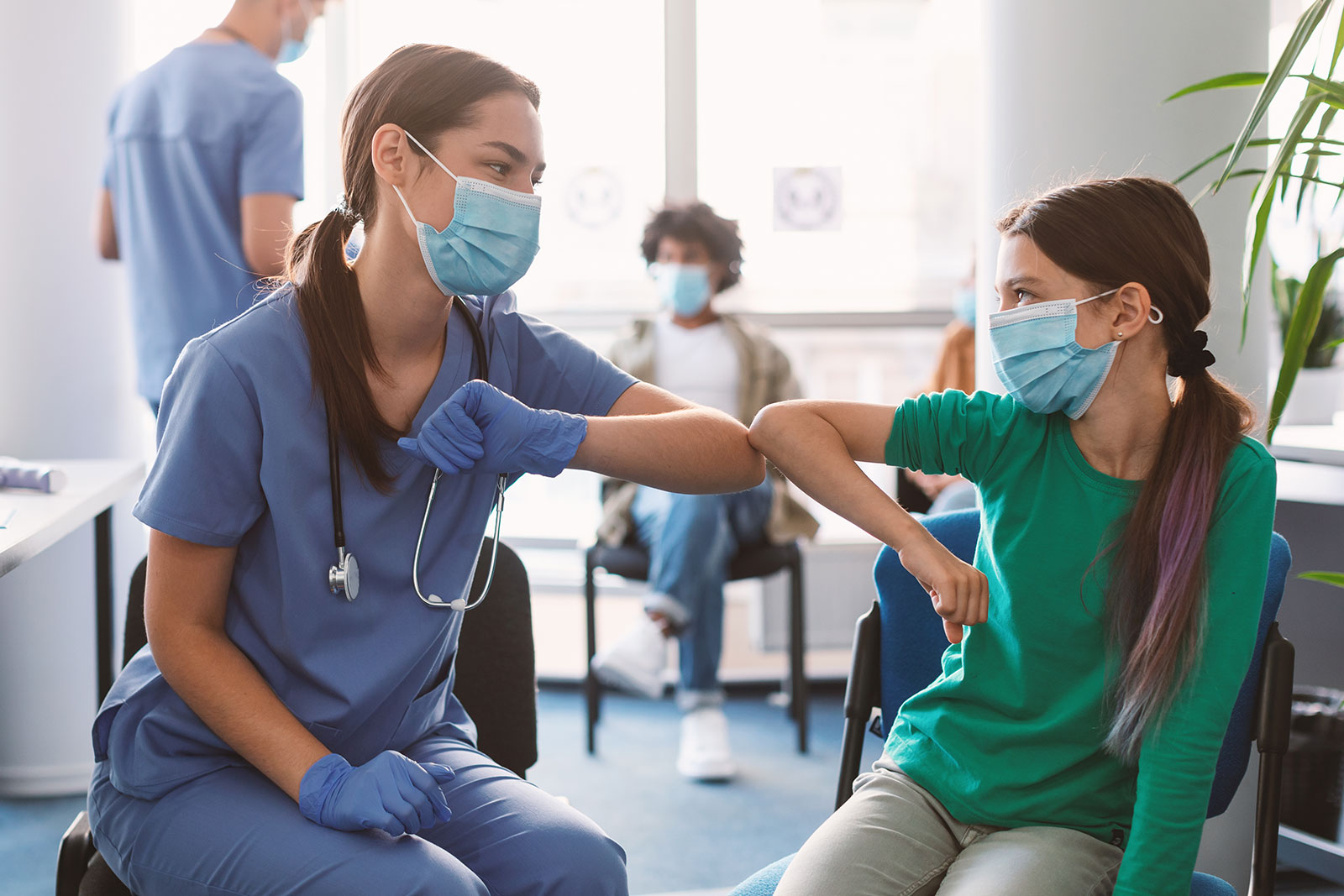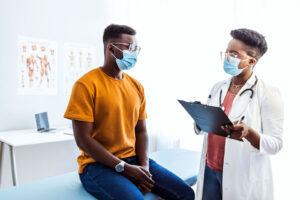A diagnosis of cancer does not discriminate against anyone, including health care professionals. Equally, a significant portion of the professionals in health care are nurses, meaning many are also cancer patients.
Nurses are vast in the healthcare profession and may work in different fields and have specializations such as:
- Administration
- Education
- Research
- Teaching
- Anesthesia
- Direct patient care
One common theme that resonates within the core of each nurse, regardless of their specialization, is the care and compassion they have for others in their time of need. Nurses teach and guide their patients and develop plans for improving health. They are at the forefront of evolving medical care and work to distill complex scientific information into understandable language for patients and their families.
Nurses advocate for their patients by being a voice for their needs, helping them to establish independence while preserving their integrity, showing empathy and understanding and providing selfless comfort from the pain and suffering of illness or injury. But what happens when the nurse’s role changes from a health care practitioner to a patient?
From my perspective, during nursing school, a cancer diagnosis shook me to my core and temporarily redirected my focus. Was I terrified? Yes! Did I ever want to give up my dream? Absolutely not! This nursing student was not going to be defined by her diagnosis. Conversely, the perspective of an established nurse diagnosed may feel overwhelmed with thoughts of vulnerability, from what they already know about cancer and treatments to the uncertainty of what lies ahead for their future.
Was I terrified? Yes! Did I ever want to give up my dream? Absolutely not!
For some students, the passion and drive that initially speaks to their heart in wanting to become a nurse will surpass their fear of discontinuing their interest. So, what happens to diagnosed nurses, and how do they acclimate through treatment, continuing to nurse their patients and themselves to better health?
A paralyzing vulnerability can be experienced by a diagnosed nurse—balancing on edge between knowledge of the disease, the familiarity with the language of medicine and the insight into the pathways of medical treatments. At the same time, they may feel lost in the familiar medical world as the patient and fearful of the unknown and their forthcoming personal medical events.
Experiencing the diagnosis firsthand has led many nurses to learn valuable lessons to help their patients and themselves persevere and have better health outcomes. These lessons are driven by courage, a sense of purpose, and a desire to make a difference in the communities they serve.
Nurses are working post-diagnosis to help patients by promoting routine health screenings, researching new medical technologies and advocating for patients to participate in self-care such as meditation, which may help minimize stress. They are finding strength in their relatable conditions with patients and sharing ideas that may benefit them while undergoing treatments.
In addition, nurses are proudly nursing their patients and themselves back to better health by utilizing support within groups, learning to find peace and balance in their daily lives, growing their connection with each other and their patients and indulging in laughter, friendship and hope.
Nurses will always advocate for their patients. They will continue to encourage and support them, helping them conquer their fears through unwavering care and cheer them on to accomplish every healthy milestone. Through shared paths, nurses will use their professional knowledge and faithful compassion to guide others, empower their lives and nurse their patients and themselves back to better health.







